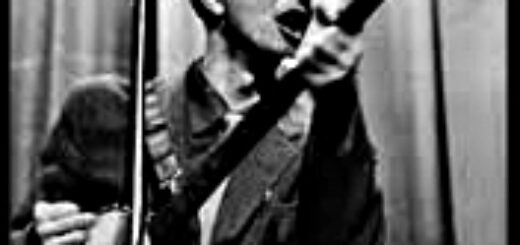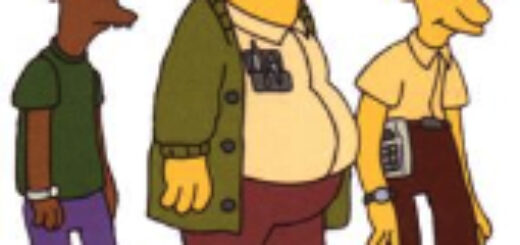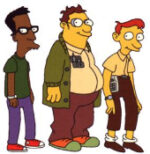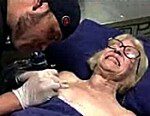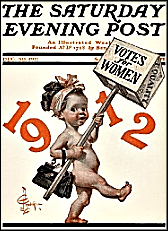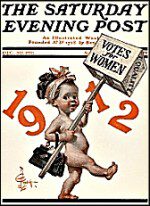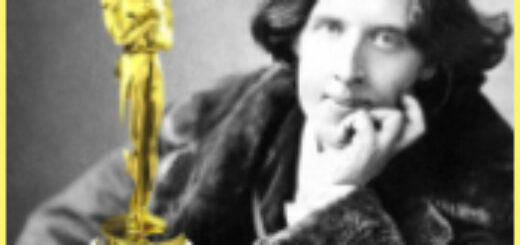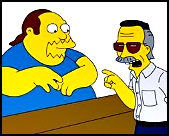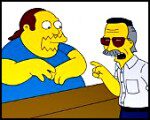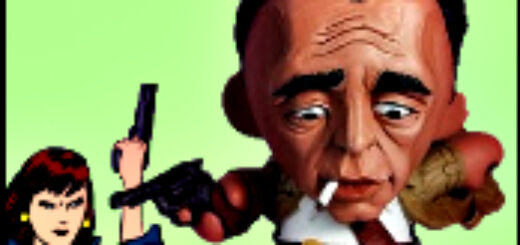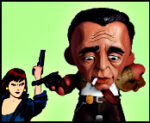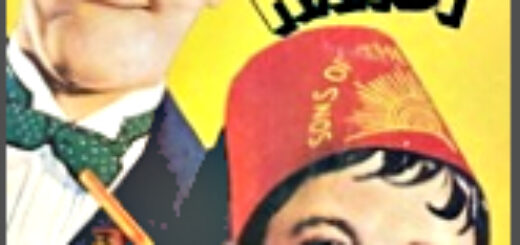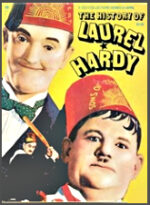Martha Thomases: Pete and Me
 Pete Seeger died Monday evening. He was 94 years old.
Pete Seeger died Monday evening. He was 94 years old.
You can read about his life here in the newspaper of record. A simple Google search will get you a bunch more versions, but these are the facts.
And the facts are so incredibly inadequate at this point.
The first time I saw Pete Seeger perform was on The Smothers Brothers Comedy Hour in 1967. I’d heard him sing on the radio occasionally but had never seen him, nor did I think about it a lot. I was 14, so please cut me some slack. As a big fan of the Smothers Brothers I found out bit about him before the show aired, including the fact that the reason I had never seen him was that he had been blacklisted for refusing to cooperate with the House Un-American Activities Committee. You can see his performance here. Rather than grovel his way back into the public’s perception, he instead proceeded to piss off those who were upset about him before. Here’s a story from The New York Times about his performance. To me, this is the key quote: “Mr. Seeger’s political views, which sometimes get into his songs, have often aroused controversy. He was convicted in 1961 of ten counts of contempt of Congress for refusing in 1955 to answer questions of the House Un-American Activities Committee. The conviction was reversed in 1962.”
It still took them five years to put him back on the air. Here’s a transcript of his testimony.
You kids today probably don’t understand what it was like to have a popular culture that influenced the political discourse, that made a difference in people’s lives, that was about more than selling cars or phones. Pete Seeger not only talked the talk, but he walked the walk. He celebrated our musical heritage and used it to urge us to live up to our highest ideals. And he made it fun and uplifting to join him.
Was he a Communist? Yeah, for a while. So what?
I want you to watch a few of these clips. There’s this one, an antiwar song from the Johnny Cash show in 1970 . And this one from a British television show in 1964. This is a nice version of Bob Dylan’s “Forever Young.”
In 2008, he performed during the weekend celebration of Obama’s first inauguration. Bruce Springsteen had just put out an album inspired by Seeger’s life , so they performed together. You can see them singing Woody Guthrie’s “This Land is Your Land.” Is that George Lucas singing along in the crowd? It’s certainly our President singing along… on my favorite verse!
In September 2013, not even six months ago, he performed the same song at a benefit for Farm Aid in upstate New York. According to his son, he was chopping wood last week.
As you watch these performances, let me point out a few things. He plays a banjo that is inscribed, “This machine surrounds hate and forces it to surrender.” Most important, he always looks like he’s having a great time. Singing songs brings him so much joy, and he wants his audience to sing with him and share the joy. That’s the most radical position of all.
What does this have to do with comics? Everything. When Pete Singer lead his audience in songs, he was never really “in charge.” He’s sneak in each line of the lyrics before he sang them so we could sing, too. He never suggested we might be terrible singers, because that was not the point. We sang because it felt good. When it feels good, it is good.
Comics seem to be learning that lesson. More people make comics for the fun of it than ever before, publishing on line, distributing any way they can. You can see more styles of art and storytelling than I could ever imagine when I first started reading them. Do I like them all? Of course not. But I like the energy and the joy these folks bring to telling their own stories. They don’t need the Big Two (or any corporation) telling them how to go about their art.
When I was working at WIN, an antiwar weekly, in 1974-1975, I would occasionally get a note from him, complimenting me on some piece I wrote, always signed with a little doodle of a banjo. Although we never met, I was tickled that he took the time to encourage me.
When all the other kids his age were listening to Raffi, I played Pete Seeger songs for my son as a kid. Those were our family values.
Thank you, sir.
SATURDAY: Marc Alan Fishman
SUNDAY: John Ostrander
MONDAY: Mindy Newell

